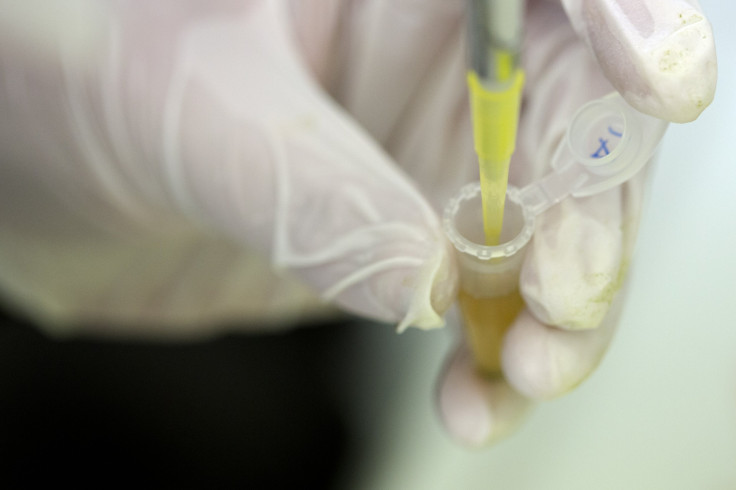Ebola Virus Cure: US Issues 'Task Order' For Ebola Drug ZMapp

U.S. health officials have issued a “task order” to cutting-edge biology laboratories in Maryland, North Carolina and Texas to submit proposals for manufacturing Ebola treatment drugs using tobacco plants. Officials requested the Texas lab to submit plans specifically for producing ZMapp, an experimental drug also made from tobacco plants. ZMapp was used to treat American aid doctor Kent Brantly, as well as Teresa Romero, the Spanish nurse who recently contracted the Ebola virus.
Proposals are due on Nov. 10, according to Dr. Brett Giroir, chief executive officer of Texas A&M Health Science Center, which houses the lab. “If selected, we are prepared to take action immediately to ramp up production" on ZMapp, Giroir said in a statement Friday.
Together, the three labs make up the U.S. Department of Health and Human Services’ Centers for Innovation in Advanced Development and Manufacturing. The centers were created in 2012, in part, to provide the nation with production surge capacity to meet public health emergencies, said Dr. Robin Robinson, director of the Biomedical Advanced Research and Development Authority. Now, the centers are taking on Ebola. Giroir said ZMapp looks “promising.”
ZMapp was developed by Canada’s National Microbiology Laboratory in collaboration with San Diego’s Mapp Biopharmaceutical Inc. as an experimental treatment for Ebola infection. The drug is manufactured from the tobacco plant and contains three different monoclonal antibodies that bind to certain virus proteins and neutralize the virus, so that the human immune system can fight it off, Robinson said.
According to the Centers for Disease Control and Prevention, ZMapp has yet to be tested in humans for safety or effectiveness. ZMapp is not a vaccine, but a therapeutic drug for Ebola, so it cannot prevent infection.
There are currently no FDA-approved vaccines or treatment products for Ebola. The standard treatment is merely supportive therapy, such as balancing the patients’ fluids and electrolytes, maintaining their oxygen status and blood pressure, and treating them for any complicating infections.
In addition to ZMapp, two other companies — Tekmira and Biocryst Pharmaceuticals — receive federal funding and have therapeutic drug candidates for Ebola in early development. Meanwhile, the Department of Defense is working with a company called Newlink to develop a possible Ebola vaccine. Biocryst has teamed up with the National Institutes of Health to begin initial testing later this year of an antiviral drug to treat Ebola, according to the CDC.
© Copyright IBTimes 2024. All rights reserved.




















